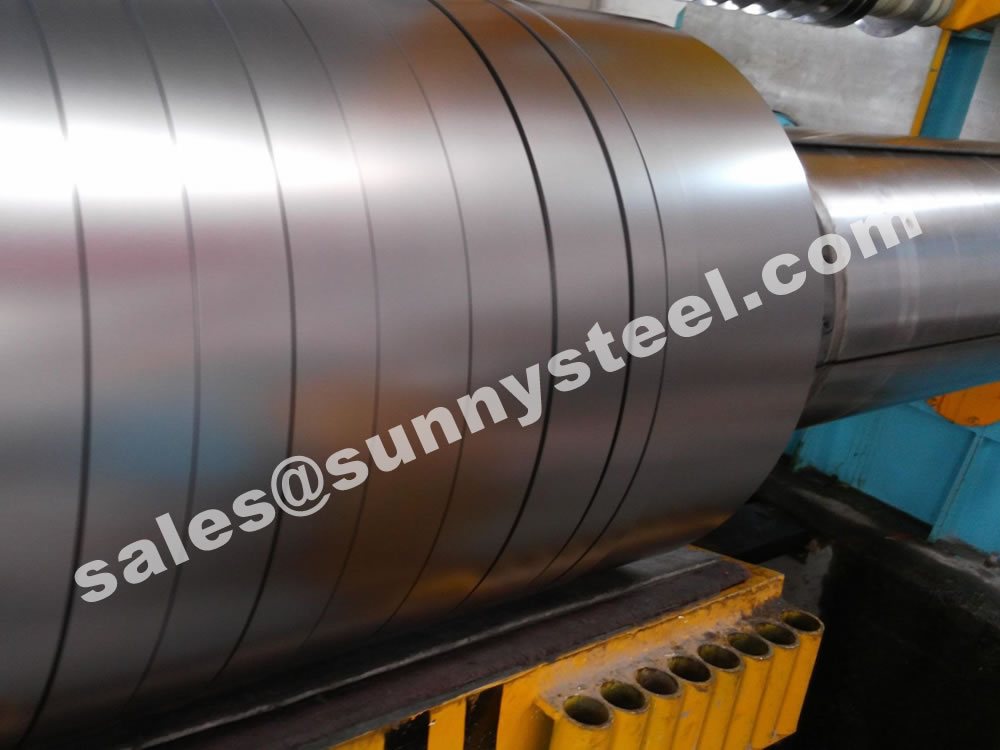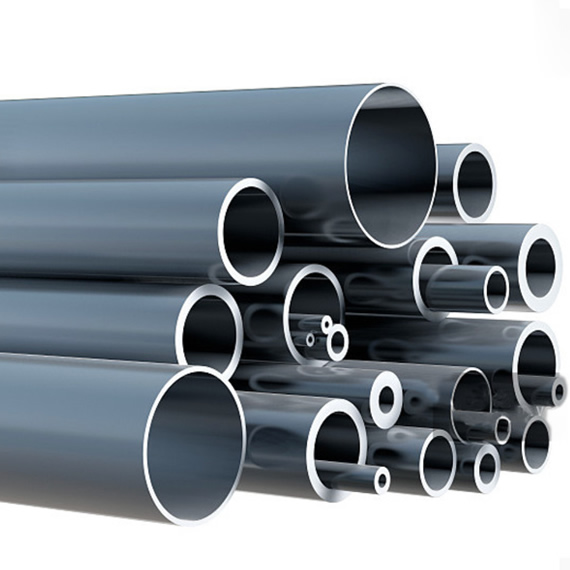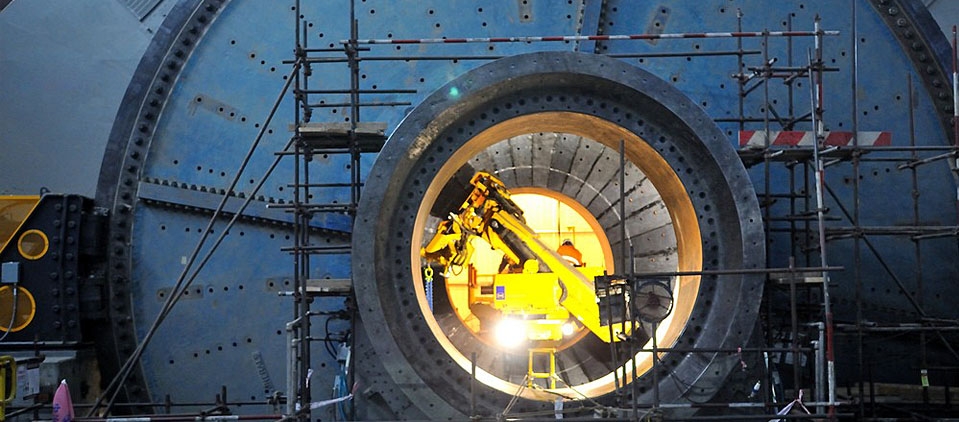Straight Pipes With Ceramic Lining
Alumina Ceramic Lined Straight Pipes prevents the pipes from wear and erosion.

Discover the distinctions between nickel-based alloys and stainless steel.
While both exhibit corrosion resistance and high strength, nickel-based alloys stand out with exceptional performance in corrosive environments, high temperatures, and oxidation resistance. Explore the unique characteristics of each material and understand their applications in various industries, from aerospace to chemical processing. Uncover the specific advantages that make nickel-based alloys a preferred choice for challenging conditions.
Nickel-based alloys are alloys with a nickel base material (generally more than 50 per cent in composition), with high compressive strength and excellent resistance to oxidation and natural gas leaching work. So what is the difference between nickel-based alloys and stainless steel?
1. Distinct Definitions:
Nickel-based alloys are a special type of stainless steel, characterized by high nickel, chromium, and molybdenum content. Stainless steel is a general term for corrosion-resistant steel, and steel grades that resist weak corrosive substances such as gases, vapors, and water, or exhibit stainless steel properties, are referred to as stainless steel.
2. High Performance:
Nickel-based alloys exhibit excellent resistance to partial immersion corrosion. Under standard conditions such as exposure to seawater, aeration, gaps, and low-speed flushing, they demonstrate outstanding pitting corrosion resistance and good stress corrosion resistance. Nickel-based alloys are preferred alternative materials to Ni-based alloys and titanium alloys. They also possess superior high-temperature or corrosion resistance compared to stainless steel.
3. Different Classifications:
The microstructure of nickel-based alloys is a stable martensitic alloy composition. Stainless steel is commonly classified based on its microstructure, including austenitic steel, ferritic steel, martensitic steel, duplex (two-phase) stainless steel, and precipitation-hardening stainless steel.

Casting master Ni-Alloys are a type of high-temperature alloys used in investment casting process.
Deforming Super-Alloy refers to a class of superalloys that can be hot and cold deformed, have good mechanical properties, comprehensive strength and toughness, and have high oxidation resistance.
Nickel-based corrosion-resistant alloys generally refer to nickel-based metal materials with strong corrosion resistance in extremely harsh acidic&alkaline environments.
Precision Ni-Alloys usually refer to functional metals with special physical properties, such as magnetic, electrical, and thermal properties, including magnetic alloys, elastic alloys, and expanded alloys.
In the process of metal smelting and processing, tasks often need to be completed in high-temperature environments. If materials cannot withstand high temperatures, quality issues are likely to arise. Therefore, many processing facilities now emphasize the selection of metal materials. With the development of science and technology, a large number of alloy materials have emerged. Nickel-based alloy is one of these materials. What is the actual application effect of this metal material?
The use of nickel-based alloys can compensate for many technical advantages that traditional Chinese metal materials lack. This alloy material has high tolerance for high-temperature working environments. Therefore, in environments with temperatures as high as one thousand degrees, the material can maintain its original state without changes. The strength of this teaching material is also high, and its corrosion resistance is outstanding. Therefore, it is more convenient in the process of analyzing and producing processed products, and the material can also be selected for use over a longer period.
The application scope of nickel-based alloys is expanding, and many industries in various fields will focus on the application of this material. For example, in the marine field, this material can be used in heat exchanger equipment. Environmental protection is now highly valued, and this alloy material can be used in environmental protection equipment such as wastewater treatment and desulfurization equipment.
In fact, the development of the energy sector cannot be separated from the application of nickel-based alloys. Nickel-based alloys play an important role in the coal processing process and are one of the indispensable raw materials in industrial processing locations.
In summary, the practical application effect of nickel-based alloys is excellent. It plays a crucial role in various industries, improving the performance and lifespan of products. With the progress of technology and the growth of demand, the application scope and market prospects of nickel-based alloys will become even broader.

Nickel-based alloys are considered as a comprehensive synthetic material that not only maintains high strength at high temperatures but also possesses certain resistance to oxidation and corrosion. While many single metal materials have high strength, they tend to deform and may undergo changes in their properties under the influence of high temperatures. Therefore, many manufacturers now prefer to choose nickel-based alloys for production and processing.
Nickel-based alloys are now referred to as "super stainless steel" for several reasons. Firstly, these materials maintain high strength at temperatures as high as one thousand degrees, demonstrating excellent stability. Secondly, the chemical composition of this material is similar to stainless steel, but nickel-based alloys contain more nickel and chromium. They not only exhibit stainless steel characteristics but also offer additional advantages over traditional stainless steel.
Nickel-based alloys are not significantly affected by external factors during use, maintaining stability under various harsh conditions. Due to these numerous advantages, they are widely used, but the processing technology requirements are high. To maximize their advantages, a specific process is required in the production.
Nickel-based alloys are extensively reused in many fields. Currently, the market demands not only material quality but also environmentally friendly production processes. This alloy perfectly fits this characteristic, and thus, it will play a greater role in the future market.

When you partner with Sunny Steel, you can stop worrying about meeting deadlines thanks to our responsive and timely service. You'll also say goodbye to unnecessary shopping around. Instead, you'll get white glove service from an expert who understands your needs and can get you the materials you need quickly.
